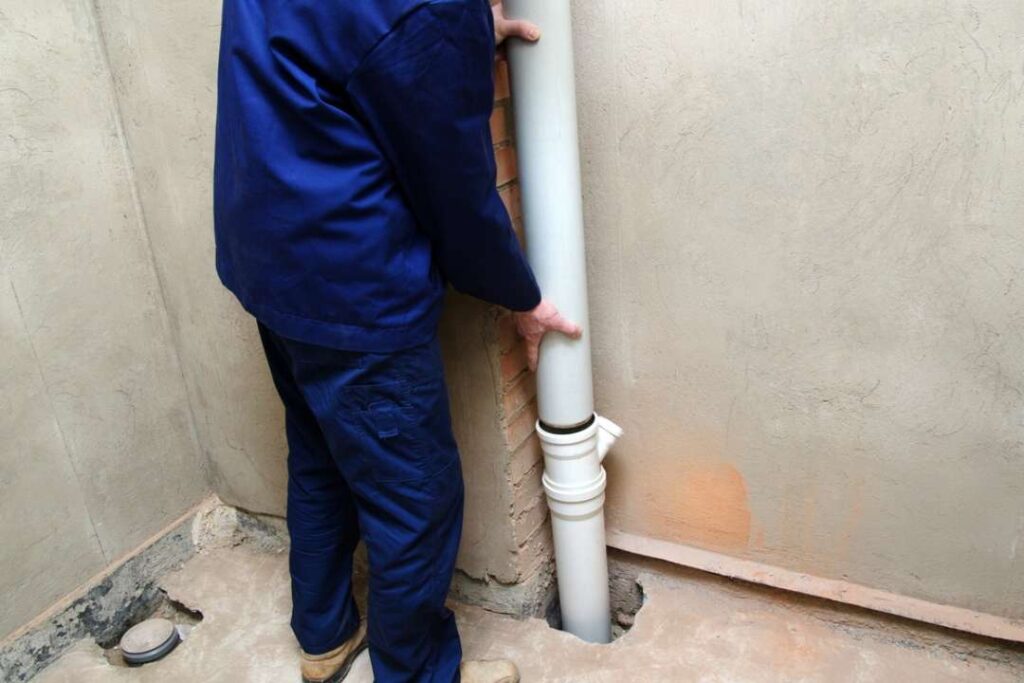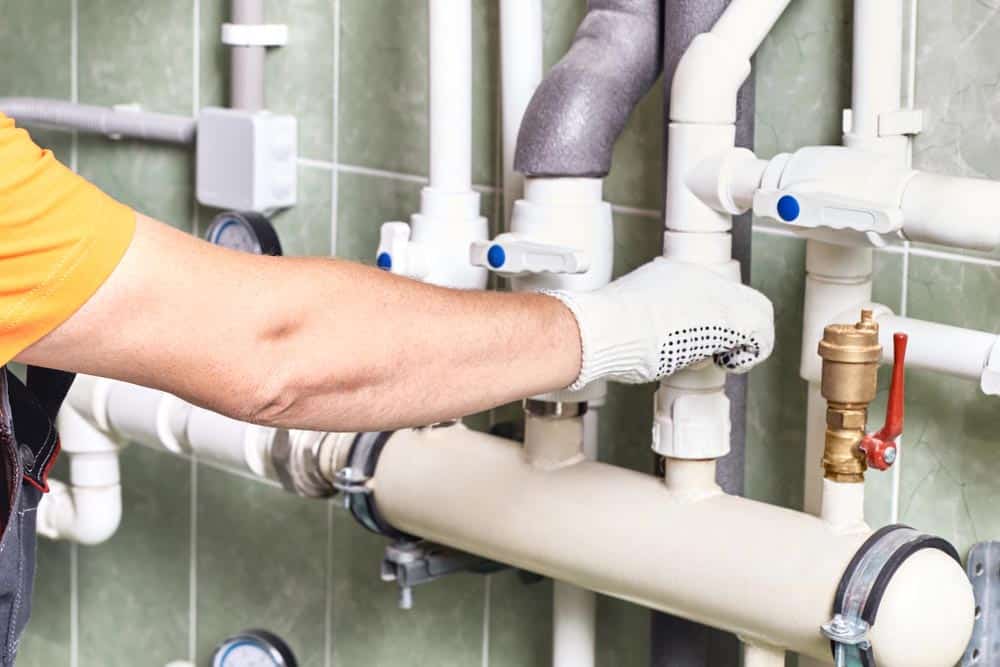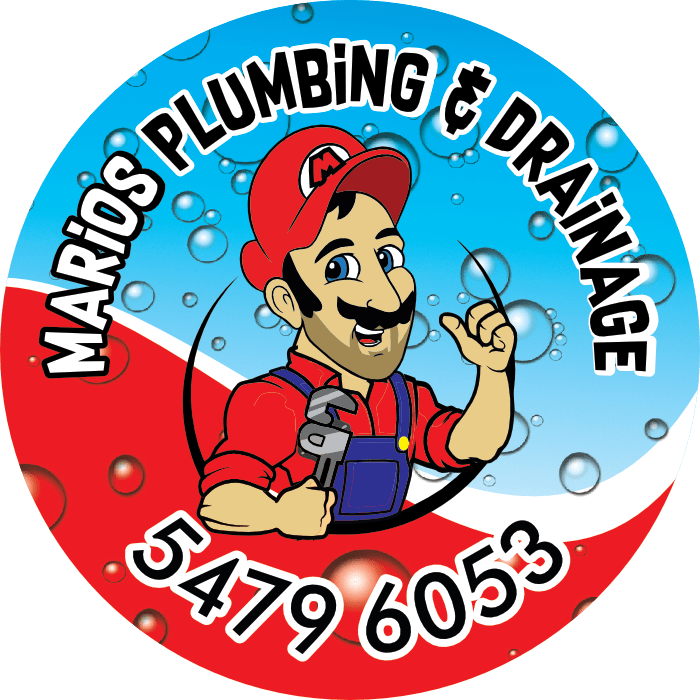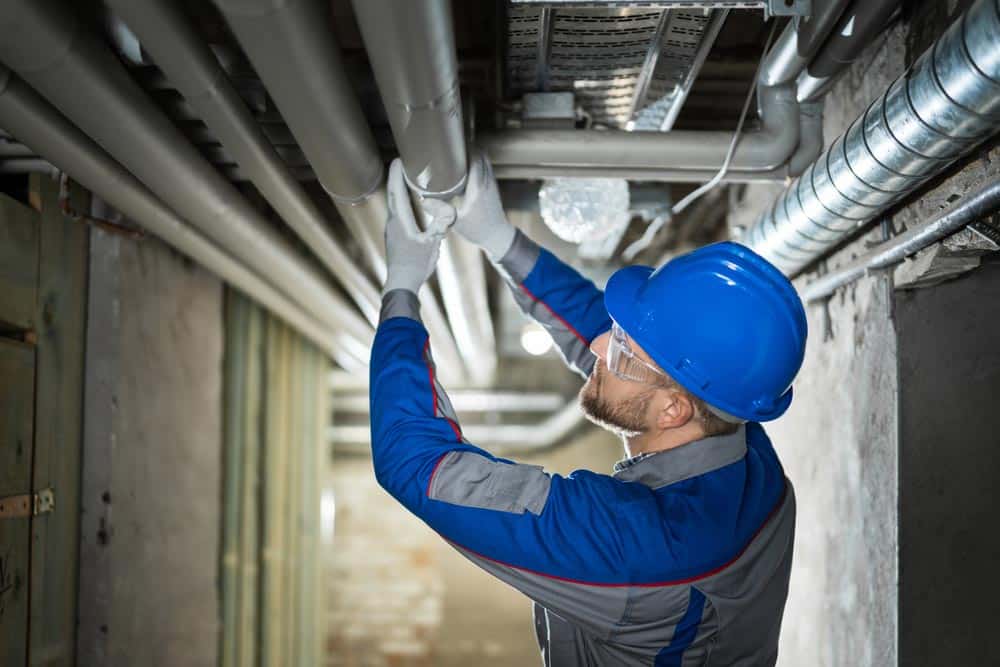In every home, unexpected plumbing emergencies can quickly escalate into costly and disruptive disasters. From burst pipes flooding entire rooms to clogged drains causing water backups, these incidents demand swift action and often leave homeowners stressed and financially strained. However, with proactive preventive measures, many of these emergencies can be mitigated or even avoided altogether. Understanding the primary causes of plumbing disasters is crucial. Issues like aging pipes, improper installation, and sudden changes in water pressure can weaken plumbing systems over time, increasing the likelihood of failures. Regular maintenance checks by licensed plumbers can identify potential problems early, allowing for timely repairs before they escalate. Additionally, educating oneself about simple maintenance tasks such as checking for leaks, insulating pipes during cold weather, and monitoring water pressure can significantly reduce the risk of emergencies. By implementing these preventive measures, homeowners can not only safeguard their property but also ensure peace of mind knowing they are prepared to handle any plumbing challenges that may arise. Taking proactive steps today can save considerable time, money, and inconvenience in the future.
Preventive Measures for Winter Plumbing

As winter approaches, it brings with it a unique set of challenges for homeowners, especially concerning their plumbing systems. Freezing temperatures can cause pipes to freeze and burst, leading to costly repairs and water damage. However, with some proactive measures and preventive steps, you can safeguard your home’s plumbing and avoid potential disasters during the cold months. Here’s a comprehensive guide on how to protect your plumbing system from winter’s icy grip.
Insulate Exposed Pipes
One of the most effective ways to prevent frozen pipes is to insulate any exposed pipes, especially those in unheated areas such as basements, crawl spaces, and attics. Use foam insulation sleeves or wraps to provide a barrier against the cold. Pay particular attention to pipes near exterior walls and openings where cold air can seep in.
Seal Cracks and Gaps
Inspect your home for any cracks or gaps that could allow cold air to reach your pipes. Seal these openings with caulking or insulation to prevent drafts and keep the warmth inside. This not only helps protect your plumbing but also improves energy efficiency.
Disconnect and Drain Outdoor Hoses
Before the first frost, disconnect and drain all outdoor hoses and faucets. Storing hoses indoors and ensuring outdoor faucets are properly drained can prevent water from freezing inside the pipes and causing them to burst. Consider installing insulated faucet covers for added protection.
Keep Interior Temperatures Consistent
Maintain a consistent temperature inside your home, even when you’re away. Set your thermostat to at least 55 degrees Fahrenheit to ensure that interior spaces with plumbing remain above freezing. This helps prevent pipes from freezing and reduces the risk of a plumbing emergency while you’re not at home.
Let Faucets Drip During Freezing Spells
During particularly cold nights, allow faucets to drip slightly. Running water, even at a trickle, can help prevent pipes from freezing by relieving pressure that builds up between the faucet and an ice blockage. Focus on faucets connected to pipes that run through unheated or uninsulated spaces.
Preparing for Unexpected Plumbing Emergencies
Plumbing emergencies can strike at any time, often catching homeowners off guard and causing significant damage if not promptly addressed. From burst pipes to sudden leaks, these emergencies can disrupt daily life and lead to costly repairs. However, with proper preparation and knowledge, you can minimize the impact of unexpected plumbing issues. In this guide, we’ll explore essential steps to help you prepare for and respond to plumbing emergencies effectively, ensuring your home remains protected.
Locate Your Main Shut-Off Valve
One of the first and most crucial steps in preparing for a plumbing emergency is to locate your home’s main shut-off valve. This valve controls the flow of water into your home and is essential for quickly stopping water in the event of a burst pipe or major leak. Typically, the main shut-off valve is located near the water meter or where the main water line enters your home. Ensure all household members know its location and how to operate it.
Familiarize Yourself with Individual Fixture Shut-Off Valves
In addition to the main shut-off valve, familiarize yourself with shut-off valves for individual fixtures such as sinks, toilets, and appliances like washing machines and dishwashers. These valves allow you to isolate the water supply to specific areas of your home without disrupting water flow to the entire house. Knowing how to quickly shut off water to a problematic fixture can prevent further damage until repairs can be made.
Keep Emergency Plumbing Supplies Handy
Assemble a basic emergency plumbing kit that includes essential tools and supplies. Items to include are a plunger for clearing clogged toilets and drains, an adjustable wrench or pipe wrench for tightening fittings, plumber’s tape for temporarily sealing leaks, and a flashlight for inspecting dark or cramped spaces. Store these supplies in an easily accessible location, such as under the kitchen sink or in the utility room.
Learn Basic DIY Plumbing Skills
While some plumbing issues require professional intervention, having basic DIY plumbing skills can help you manage minor emergencies and prevent them from escalating. Learn how to safely use a plunger, clear simple clogs from drains, and identify common signs of plumbing problems such as leaks and running toilets. However, always prioritize safety and know when it’s best to call a licensed plumber.
Regularly Inspect Plumbing Fixtures and Appliances
Perform regular inspections of your plumbing fixtures and appliances to identify potential issues before they become emergencies. Look for signs of leaks, corrosion, or unusual noises such as banging pipes. Check under sinks, around toilets, and behind appliances like refrigerators and washing machines for any signs of water damage or moisture accumulation.
Creating a Plumbing Maintenance Schedule

Regular maintenance is essential for keeping your plumbing system in top condition and preventing costly repairs down the line. By establishing a plumbing maintenance schedule, you can stay proactive in identifying and addressing potential issues before they escalate. Here are some key points to consider when creating your maintenance plan:
- Inspect and Clean Drains Regularly: Clogged drains can lead to backups and water damage. Use drain screens, flush drains with hot water monthly, and avoid pouring grease down drains.
- Check for Leaks: Inspect faucets, toilets, and under sinks for leaks regularly. Addressing leaks promptly can prevent water damage and conserve water.
- Test Water Pressure: High or low water pressure can indicate underlying issues. Use a pressure gauge to check pressure levels and adjust as needed.
- Inspect Water Heater Annually: Flush your water heater annually to remove sediment and maintain efficiency. Check for leaks and ensure the temperature is set correctly.
Conclusion
Adopting preventive measures against emergency plumbing disasters is not just a prudent choice but a necessity for every homeowner. By implementing regular maintenance routines such as inspecting pipes for leaks, monitoring water pressure, and promptly addressing minor issues, households can significantly reduce the risk of major plumbing emergencies. Furthermore, educating oneself and family members on simple plumbing troubleshooting can help mitigate potential damages before they escalate into costly repairs. Remember, prevention is always more cost-effective than cure when it comes to plumbing emergencies.
For further inquiries or professional assistance in safeguarding your home against plumbing disasters, feel free to contact Mario’s Plumbing and Drainage. Located in Sunshine Coast, Queensland, our dedicated team is ready to provide expert advice and reliable service tailored to your plumbing needs. Reach out to us at 07 5479 6053 or visit our website to learn more about our comprehensive plumbing solutions. Don’t wait until it’s too late—secure your home with Mario’s Plumbing and Drainage today.


